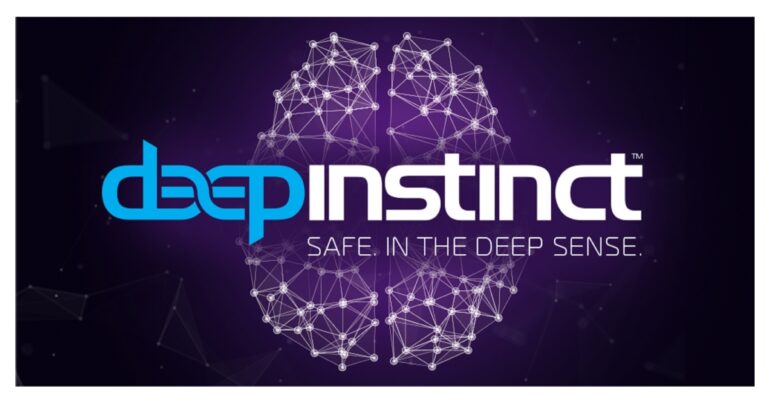TL;DR:
- Deep Instinct launches Deep Instinct Prevention for Storage (DPS) for comprehensive storage security.
- DPS employs deep learning to proactively scan and protect against malicious content in new files.
- Unlike generative AI, DPS relies on neural networks for enhanced accuracy and speed.
- The system’s granular understanding of malicious files enables it to tackle emerging threats effectively.
- With rising ransomware attacks and centralized data, DPS addresses critical security challenges.
- DPS currently integrates with major storage vendors and plans to support AWS S3.
- Pricing is scaled based on the volume of protected storage.
Main AI News:
In the ever-evolving landscape of cybersecurity, Deep Instinct is once again making waves with its latest innovation: Deep Instinct Prevention for Storage (DPS). This cutting-edge offering marks a significant expansion of the company’s portfolio, already renowned for its robust protection of endpoints and applications. Now, with DPS, Deep Instinct is venturing into the realm of storage security, both on-premises and in cloud architectures.
What sets DPS apart from the crowd is its “prevention-first” approach to storage security. This revolutionary system, powered by deep learning, takes a proactive stance by instantly scanning new file additions or changes for any signs of malicious content. When such threats are detected, DPS takes immediate action, quarantining or deleting the compromised files. The secret to its effectiveness lies in its ability to autonomously train itself to recognize malicious code, thanks to a deep-learning framework.
It’s important to note that DPS distinguishes itself from generative AI technology, which relies on large language models (LLMs) for natural language processing. Instead, DPS relies on neural networks, the backbone of machine learning. Deep Instinct explains, “The speed and accuracy at which our framework operates are the result of the ‘brain’ being trained on hundreds of millions of training samples. As these training data sets grow, the neural network continuously gets smarter, allowing it to be much more granular in understanding what makes for a malicious file.“
The key objective is to comprehend malicious files at a profound level. By dissecting the component parts of these files in detail, rather than merely scanning the files themselves, DPS gains an edge in combating emerging threats.
Deep Instinct’s emphasis on security couldn’t come at a more crucial time. With the alarming rise of ransomware attacks and the increasing centralization of data reservoirs, protecting valuable information has become paramount. In the words of Deep Instinct, “The consolidation of information from various endpoints into data repositories has created a one-stop shop for attackers. Nearly half of senior cybersecurity experts state that ransomware is the greatest threat to their organization’s data security.”
Currently, DPS seamlessly integrates with major storage vendors such as Dell CAVA and NetApp Vscan. While cloud integration is not yet available, Deep Instinct has confirmed its plans to support AWS S3 and collaborate with several other vendors in the near future. DPS is available for implementation starting today, with pricing tailored to the volume of storage it safeguards.
Conclusion:
Deep Instinct’s DPS marks a significant advancement in storage security. Its deep-learning-powered, preventive approach positions it as a formidable defender against evolving cyber threats. In an era plagued by ransomware and data centralization, DPS fills a crucial need in the market, offering organizations a proactive solution to safeguard their valuable information.

